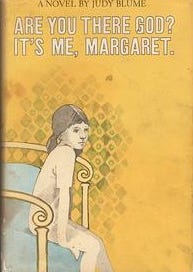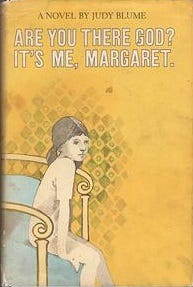Ban (n) - A prohibition imposed by law or official decree
With increased frequency, we are either hearing or reading about banned books in the United States. In a country where the latest edition of Penthouse, Playboy, and Hustler can be easily purchased in conjunction with your lottery ticket and half a tank of gas—let me just delicately say, t…




